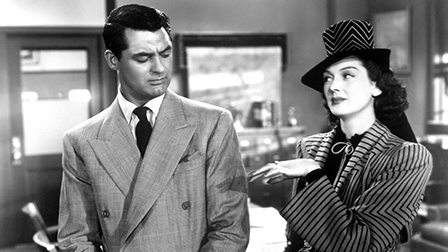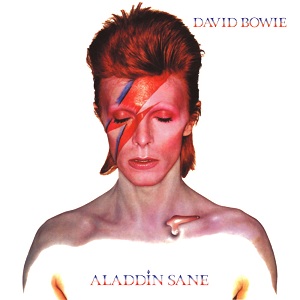In 1995, the biggest domestic terrorist attack in American history to that point took place in Oklahoma City. It wasn’t an isolated incident. Barak Goodman’s documentary shows what lead up to the bombing and along the way provides a thumbnail history of the American white supremacist underground.
Oklahoma City is opening this week in limited release and will be broadcast as part of PBS’s American Experience series on February 7. My review is at Film Journal International:
For all the news ink and televisual garble that was expended on the roiling subculture of American right-wing extremists during the 1980s and ’90s, surprisingly little of that time was spent on their roots in blatantly racist white supremacy. Because the militias’ anti-government and pro-gun rhetoric was louder than its white-separatist ideology, that was the half-story which much of the media led with once the militias’ fantasies of all-out conflict began to spark actual bloodshed. Barak Goodman’s thorough, dramatic documentary about the 1995 Oklahoma City terrorist attack doesn’t make that same mistake…
Here’s the trailer.
















You must be logged in to post a comment.